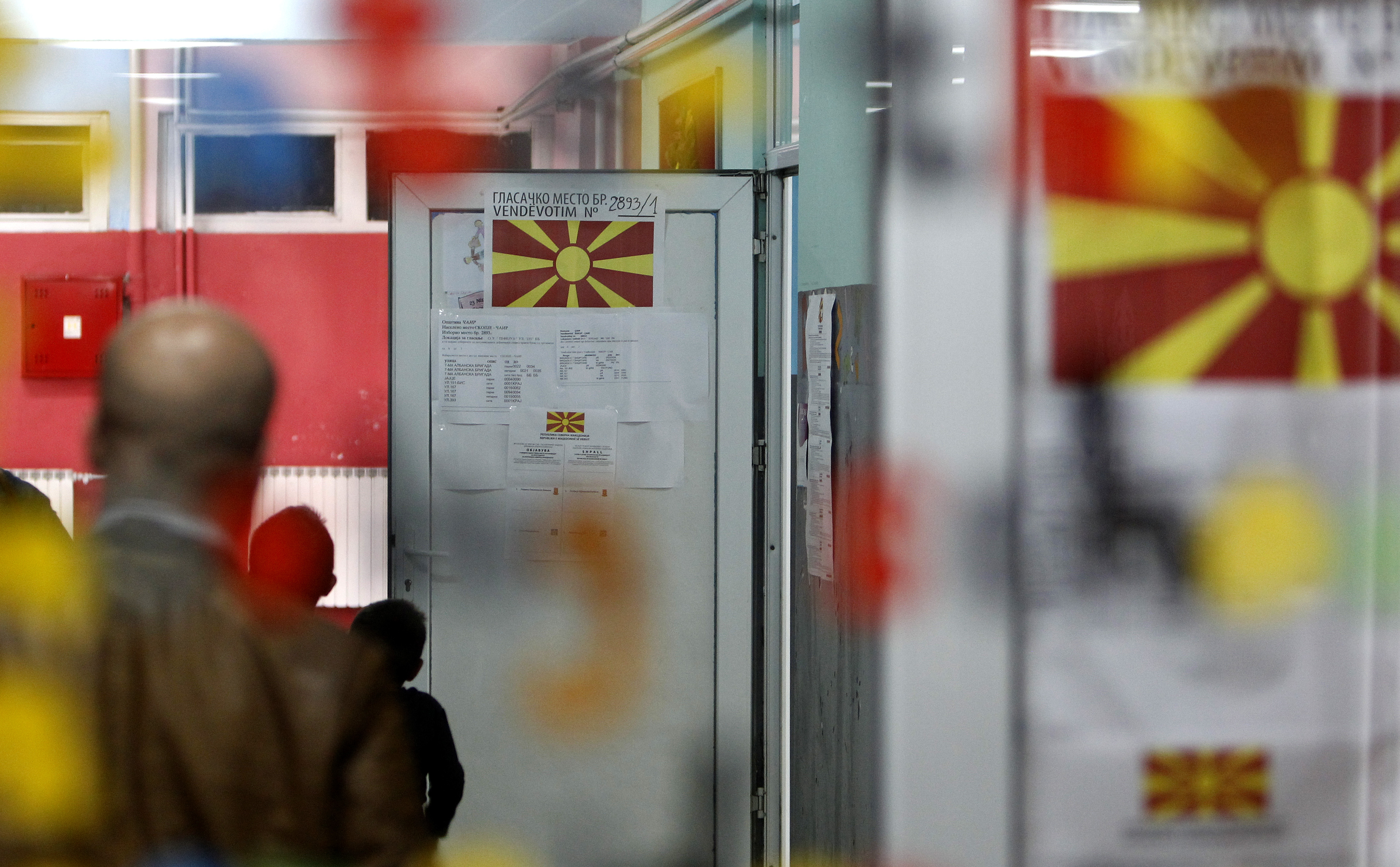Changing the election model: Open lists more important than the number of constituencies

Will the strong vote coming from the party giants yet again be lost in the political horizon for a qualitative change of the electoral model? Experts are not convinced that the major parties are ready to create conditions for equal electoral opportunities for all, that is, to lose their monopoly. In the past years, it is clear that the electoral system allowed the main political parties SDSM, VMRO-DPMNE, DUI, DPA to dominate in Parliament.
Prime Minister Zaev, along with the bad news from Council of Ministers in Luxembourg, said that he and his party are in favor of a new concept for the election of MPs that will increase the democratic aspects of citizens’ voting rights. The model that the ruling party is plotting is either one constituency, or more constituencies with open lists. The option of one constituency with open lists, which was one of the the pre-election promises made by SDSM and the coalition, now, according to him, would mean favoring the representatives of the bigger cities, at the expense of those coming from the smaller towns.
Former SEC President Aleksandar Novakovski thinks that a country that has experience with all electoral systems – both with a majority and proportional and with a combined system, but none of them has disturbed the bipolar image in Parliament – should finally be introduced with open lists. The introduction of this proportional open list model would, according to him, mean greater democratization and would discourage political elites from listing individuals with low-credentials. With this, they say, will limit the power of the elites.
“Each option in terms of the quantity of constituencies corresponds to the open list option. The election campaign lasts long enough for each citizen to be informed about the persons running in the election. What is easy to assume is that most of the people, even those coming from smaller cities, will vote for their fellow citizen to be their representative in Parliament. In any case, open lists should be introduced, and the number of constituencies should be seriously discussed. Changing the Electoral Code is a complex matter. This issue should be discussed at least one year before holding elections, and it should be closed six months before the vote,” said Novakovski.
However, Novakovski does not think that the main political parties are sincere in their intention to make a qualitative step forward in the electoral system.
“We need a vote for a person who, with their past and their capacity, will provide a guarantee for a high quality and successful representation in the Parliament. But many politicians from the immediate leadership of the parties are afraid of their personal rating, of which they are aware that it is very low, and a huge effort is invested in the direction of being protected and favored by the party, that is, they should be listed as high as possible on the electoral lists in the current proportional model with closed lists. I would like to fool myself in the end, but it’s highly unlikely. With open lists, the first one may end up as the last one. The prime minister of Canada spoke on this subject ten years ago in Skopje. The parties said yes, we need changes. Unfortunately, nothing has changed since then,” said Novakovski.
Smaller parties are in favor of a one constituency, but also want open lists. However, so that there are no failed votes due to greater political diversity, the Parliament has demands for reducing or annulment of the election threshold. A good example of the failed votes, as these days have been stated, are the parliamentary elections in 2011, when smaller parties that didn’t win any MP seats in Parliament won over 100,000 votes. In those elections, the VMRO-People’s Party won over 28,000 votes, and did not win any MP seats, while the National Democratic Revival with only 1,500 votes more, won two MP seats because their votes are concentrated in only one constituency, while the VMRO-People’s party votes were throughout the country, but there weren’t enough in one constituency. If there were only one constituency and an electoral threshold, then smaller parties will once again have trouble getting seats in Parliament given that, according to some estimates, they will need about 30,000 votes.
“I think that there must be a threshold, regardless of the fact that it will again be an obstacle to increasing the participation of smaller parties in the Parliament. And their participation should not be low, yet it should be about five percent, as it is in Croatia, for instance. Otherwise, many parties could win seats in Parliament, among which there could be representatives of far-right parties that are even banned in some European countries. This kind of elections can bring results that would produce a political crisis,” said Novakovski, who was the head of the OSCE mission for the 2009 Bundestag elections.
“Practice in the Western countries, where the pillar of the political system are the major political entities, is that the smaller parties first measure their popularity among the citizens in the local elections, and then tend to break through at the central level,” Novakovski explains.
Due to the advantages of a proportional election system, it is used in 20 out of the 28 EU member states. Seventeen of these countries use the proportional model and have introduced the open list system, ie only Italy, Portugal and Spain still use closed election lists.
(NK)